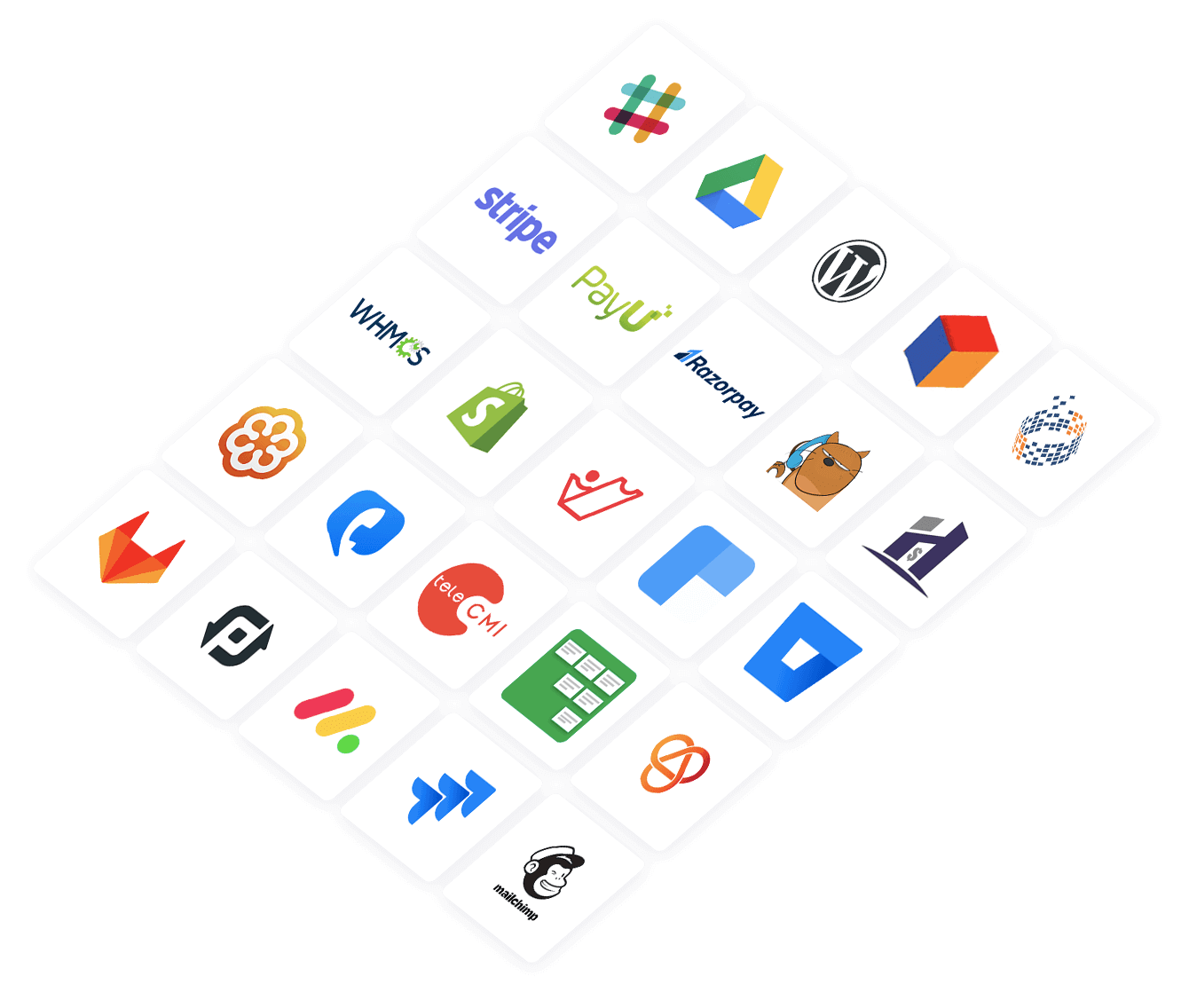Brain drain
What is brain drain in an organizational context?
Organizational brain drain is the loss of highly skilled, experienced, or high-potential employees who are not easily replaceable. It results in the loss of intellectual capital, innovation, and institutional memory. Think of it like your best minds quietly walking out the door—and taking their brilliance with them.
What are some causes of organizational brain drain?
Lack of career opportunities
Limited opportunities for promotion or professional growth can lead employees to search for new roles elsewhere.
Toxic work culture
An organization marked by employee burnout, discrimination, or lack of recognition can leave employees feeling undervalued.
Lack of purpose
A lack of core objectives or goals can cause employees to feel frustrated and disengaged.
Work-life balance
An organization that demands excessive working hours or fails to offer flexible or remote options can push employees to leave.
What are the effects of brain drain?
The effects of brain drain can be significant—it can impact both the organization and the economy.
Decreased productivity
When an employee leaves an organization for good, the newly hired employee needs to catch up on the job, which can slow down productivity.
Loss of innovation
Experienced employees often drive creativity and decision-making. Without them, companies risk becoming stagnant.
Disrupted team dynamics
The loss of a team member can disrupt the entire workflow, affecting collaboration.
Increased hiring costs
Recruiting and training new hires isn’t just time-consuming—it’s expensive.
Reputation damage
Increased turnover rates can damage an organization's reputation, making it harder to attract new-hires in the organization.
How to reduce brain drain?
Invest in career development
Offer training, mentorship, and leadership programs to help employees grow within the company.
Foster a positive work environment
Promote open communication, inclusivity, and work-life balance. Happy people stay at the company longer.
Offer competitive compensation
It’s not always about money, but fair and flexible pay still matters.
Recognize and reward contributions
Appreciation shouldn’t be saved for performance reviews. Small shout-outs go a long way.
Create clear succession plans
Prep high-potential employees to step into key roles before they’re vacant.
Listen and act
Conduct regular feedback surveys and actually implement changes based on what you hear.
What is the role of HR in preventing brain drain?
HR is crucial in preventing brain drain and increasing the organization's retention rate.
Strategic hiring
Bringing in people who not only have the skills but also align with company values ensures a better cultural fit and long-term potential.
Engagement tracking
HR should keep a finger on the pulse of employee satisfaction and identify early signs of disengagement.
Exit interviews
These are goldmines for honest feedback. Patterns in why people leave can guide future policies.
Well-being programs
Supporting mental health, offering flexible work options, and maintaining a healthy work-life balance are now non-negotiables—and HR should champion them.

